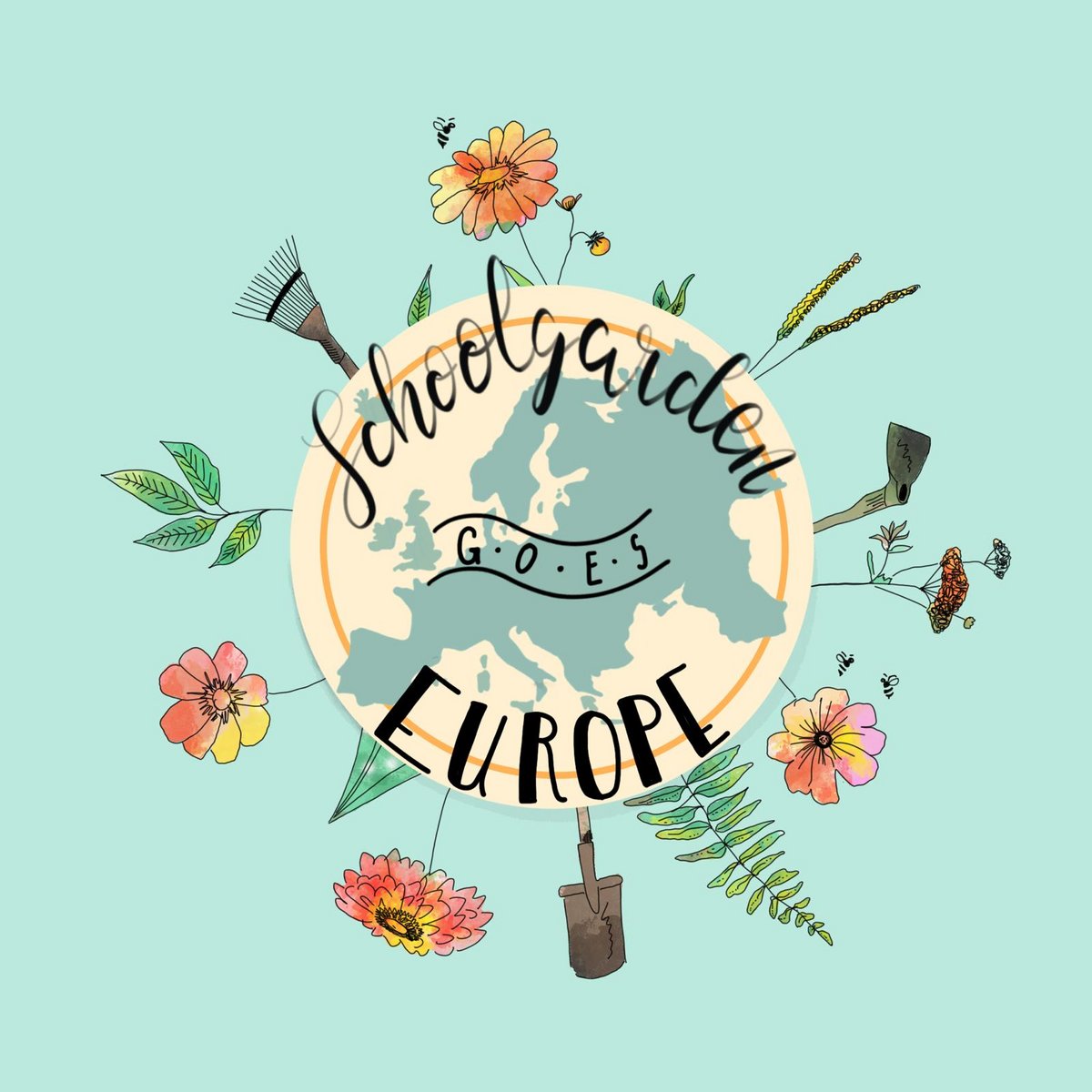School Garden goes Europe project
 The School Garden goes Europe Erasmus + strategic partnership project (2020-2023) organizes a network of European school garden experts and organizations (teacher training universities, civil organizations, etc), develops training materials, shares knowledge, elaborates support measures based on school garden research.
The School Garden goes Europe Erasmus + strategic partnership project (2020-2023) organizes a network of European school garden experts and organizations (teacher training universities, civil organizations, etc), develops training materials, shares knowledge, elaborates support measures based on school garden research.
Leader: PH Weingarten, Prof. Dorothee Benkowitz
Partners: PH Vorarlberg, Széchenyi University
Education for sustainable development (ESD) is one of the great challenges today. The goal is to open up educational opportunities to all people, which will enable them to acquire knowledge and values, behaviours and lifestyles that are necessary for a future worth living. School Gardens (SG) as authentic learning environments are promising settings to develop sustainable relevant competences. Garden-based learning activities provide students with necessary basic knowledge to understand ecological coherences which are the key to further understanding. Especially in urban areas, SG can be biodiversity hotspots and refuges for plants and animals. Students gain insight into life cycles and get aware of the importance of seasonality and regionality by growing organic food for healthy nutrition. SG make a valuable contribution to the development of social skills and enable the integration of people of different cultures, and with the positive effects on problematic behaviour preventing early school leaving. Acting locally students gain basic ideas for global thinking. A SG can provide real-life conditions to take ecological, economic and social decisions.
But these benefits are not yet visible for all educators - they are not aware of the potential lying in this learning environment and often lack school gardening expertise as it was not necessarily part of their academic courses or vocational training. In the school curricula, the implementation of ESD as a key perspective is wildly spread all over Europe but a lot of educators need support by implementing these goals into their daily routine. Many individual SG initiatives have been established in different European countries, with a multitude of concepts and didactic approaches. Likewise, school gardening in each country is based on its specific cultural traditions. Thus, an immense amount of knowledge and valuable information on school gardening techniques and didactic methods have accumulated across Europe, but are not visible for the community and, therefore, not available for teaching efforts. Fostering SG activities in Europe by giving them an international platform is a potential way to reach teachers and early childhood educators as well as students and other gardening people. Being inspired by the activities of others they can pass on the knowledge about the importance of fresh and healthy food, regionally and seasonally grown, as well as the value of intact ecosystems and biological diversity to children and students. These topics are very important to change people’s habits towards more sustainability and, thus, are a prerequisite to improve their lives and to build greener and healthier societies.
In this project, sustainable-relevant skills and competences for garden-based learning will be defined. The participants will develop a curriculum for the teachers training and ICT materials to share. There will be an exchange of experiences and a sharing of best practice with the focus on teachers and students as future educators. The project will unite existing national networks to a European one and so make ideas and benefits available for everyone. The direct contact and exchange on SG topics should decrease anti-Eastern and anti-Western prejudices. Global challenges can only be solved by international collaborations. This network might be the starting point.
